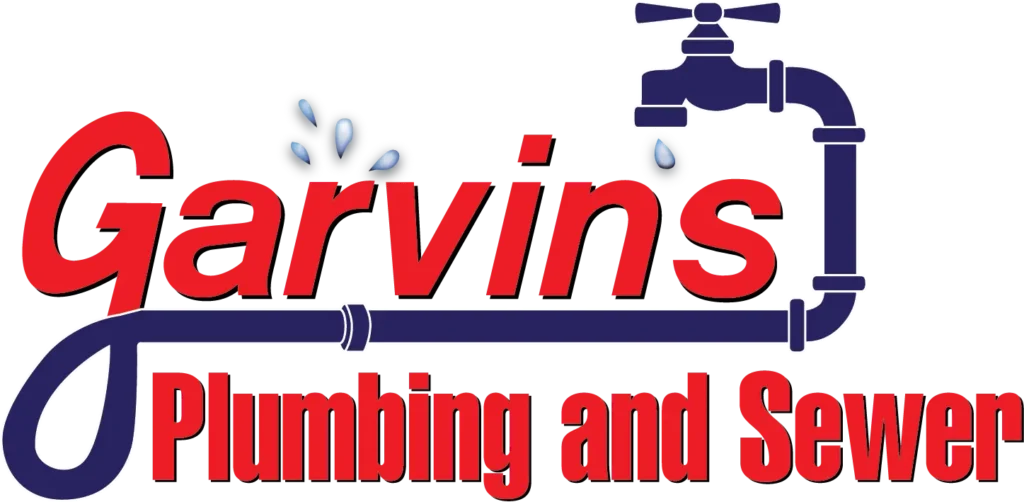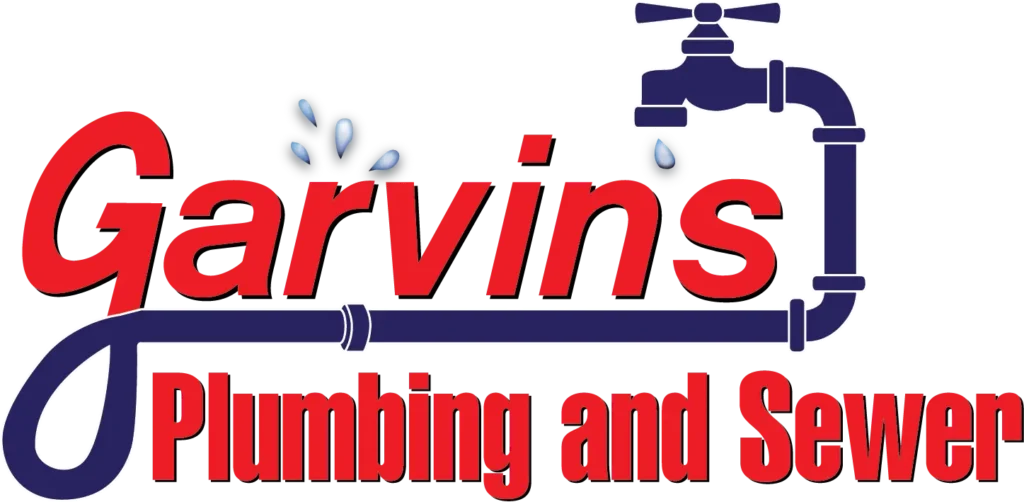 With the recent crisis in Flint, Michigan, regarding the high levels of toxins in their water supply, more citizens have been paying closer attention to the water supply here in Denver and all along the front range. People have been asking plumbers if installing a permanent water filter in their homes is a good idea. Well, the answer comes down to a very definite maybe/maybe not! Let’s take a look at where the water around here comes from and what could make it less than desirable.
With the recent crisis in Flint, Michigan, regarding the high levels of toxins in their water supply, more citizens have been paying closer attention to the water supply here in Denver and all along the front range. People have been asking plumbers if installing a permanent water filter in their homes is a good idea. Well, the answer comes down to a very definite maybe/maybe not! Let’s take a look at where the water around here comes from and what could make it less than desirable.
Where’s The Water Coming From?
A few months back we wrote a blog about where Denver’s water comes from, but we’ll let denverwater.org sum it up. “Denver Water’s drinking water sources are the South Platte River and its tributaries, the streams that feed Dillon Reservoir, and the creeks and canals above the Fraser River.” All of those rivers are fed by snowmelt and supplemented by mountain storms.
Is There Anything To Be Worried About?
In short, no, but keep reading. Denver’s water turns out to be naturally clean, and the public water service’s test for microbial, chemical, and metallic contaminants all fall within allowed ranges. You might have found a booklet in your mailbox detailing this information, but if you pitched it please enjoy this .pdf from denverwater.org. Click to page 7 and you’ll see that there are no violations in the safe levels of pathogens in the water.
When it comes to lead, our mountain water is lead-free and leaves the water treatment plant lead-free. It’s those last 30 feet that can be a problem…
What About The Pipes Leading to My House?
Flint, Michigan’s main contaminant was lead. During the early part of the 20th century, lead pipes (and pipes soldered together with lead) were used to transport water from the treatment plant and into people’s homes. Lead can leach out into the freshwater, and certain other contaminants can make it leach out even faster. While the idea of using lead pipes seems insane today, the dangers of lead weren’t known as well back then.
Up until the 1950s, lead was also used in some Denver water pipes. Though the city pipes have since been replaced, there’s no way of knowing which home building contractors were using them when they constructed new neighborhoods. If your house was built during the 1950s and before, there is a chance that you still have lead freshwater pipes. We’d recommend having your water tested if you live in an older house. The good news? You can get a free lead test from your Denver water supplier here.
What If I’m Not On A Public Source?
Things can certainly change for those who are not on public water supplies. If you are using well water, the amount of water quality variation can be considerable from well to well. This depends on depth of the well, proximity to farmland and the chemicals in use, and many other factors. In Colorado, in-house water filtration is most often used by those on well water systems; your local plumber will be more than happy to help you install a water filtration system.
 So, Should I Invest in Water Filtration?
So, Should I Invest in Water Filtration?
After all that information, you have to ask the question: should I invest in water filtration? Like we said before, the answer is a definite “maybe.” Let’s take a look at a few of the reasons homeowners have a plumber install a permanent water filtration system.
If You Suspect Lead – If you suspect lead, click that link on the free lead test from above. Simply having your service lines replaced won’t do any good if the lines supplying your neighborhood aren’t also replaced. Doing so could take years; installing a water filtration system will help protect you from lead.
If You Get Your Water From A Well – Unless you grew up drinking well water, it probably tastes bad to you. It will be worth it even if the only benefit of the water filtration system is that it helps you drink more water. Of course, you’ll also have the added benefit of filtering out heavy metals and pesticides, so having a water filtration system installed is nearly always worth it.
Discoloration – Does your water ever take on weird colors, even temporarily? If so, you most certainly need a water filtration system. The discoloration you see could be any number of things, including rust. (While you need iron in your diet, you most certainly don’t need rust!) Get that out of there with water filtration.
Foul Smell Or Taste – Similarly, your water shouldn’t smell or taste funny. We have excellent source water and a very good water treatment plant, so if there’s something wrong with your water, the problem is probably closer than you think.
If You’ll Only Accept the Absolute Cleanest Water – Denver’s water is pretty clean, but is it 100% contaminant free? No. The chances of it hurting you are astronomically low, but just because it passes government muster doesn’t mean that there’s no chance. If you’re the type of person who buys pesticide-free, non-GMO food, then perhaps that one extra step of filtering your water will put your mind further at ease.
The fact is, Denver’s water is pretty clean. But there are certain times when households might want that extra level of water filtration. A local plumber can help you install one that will put your mind at ease. Contact Garvin’s and we can help!




